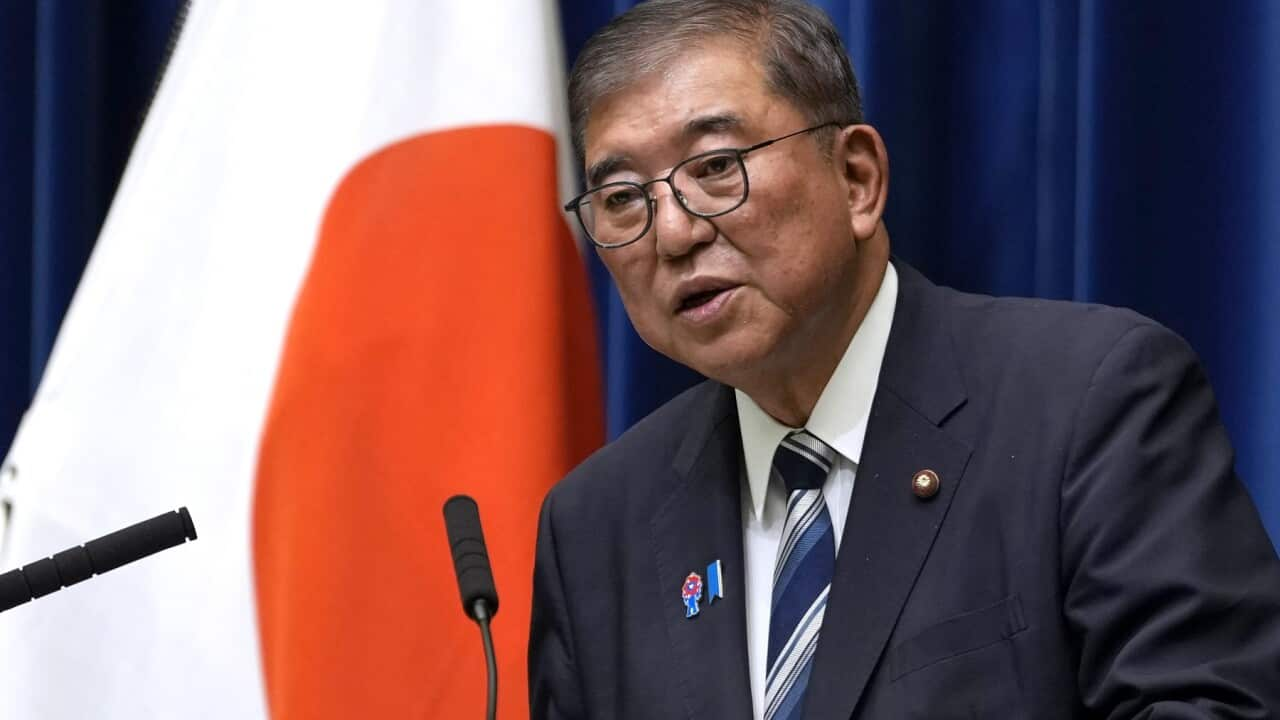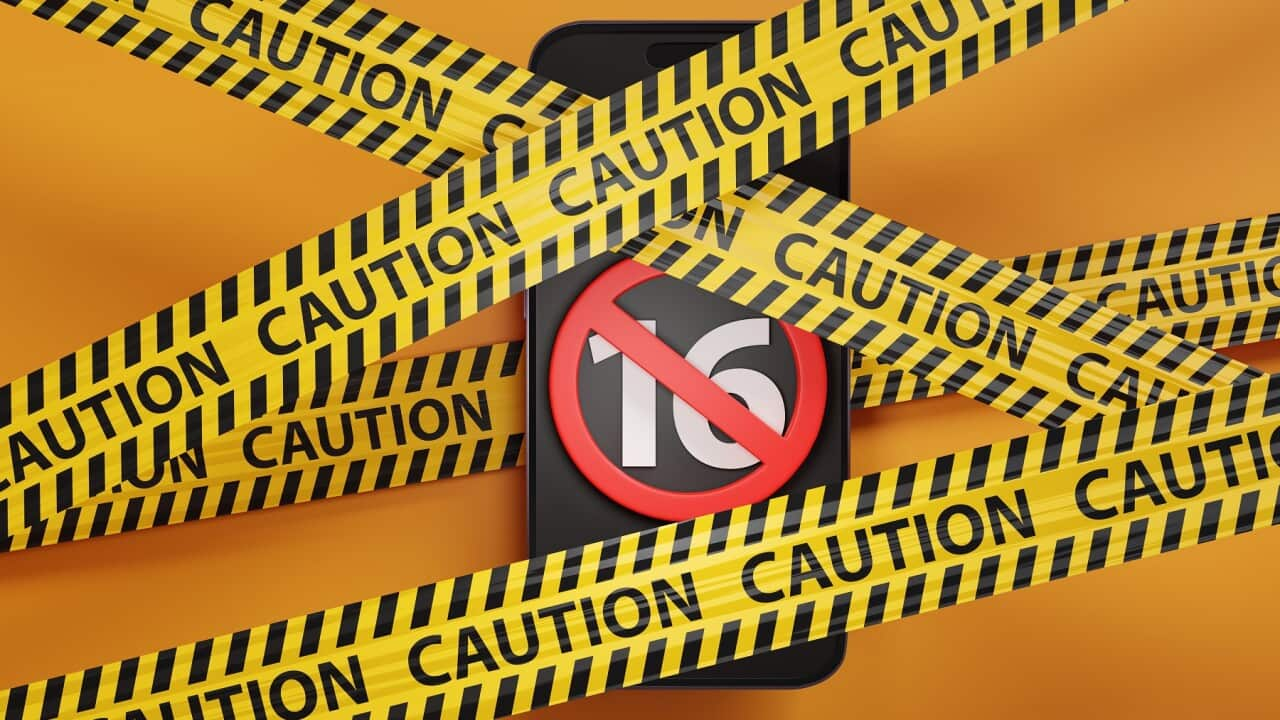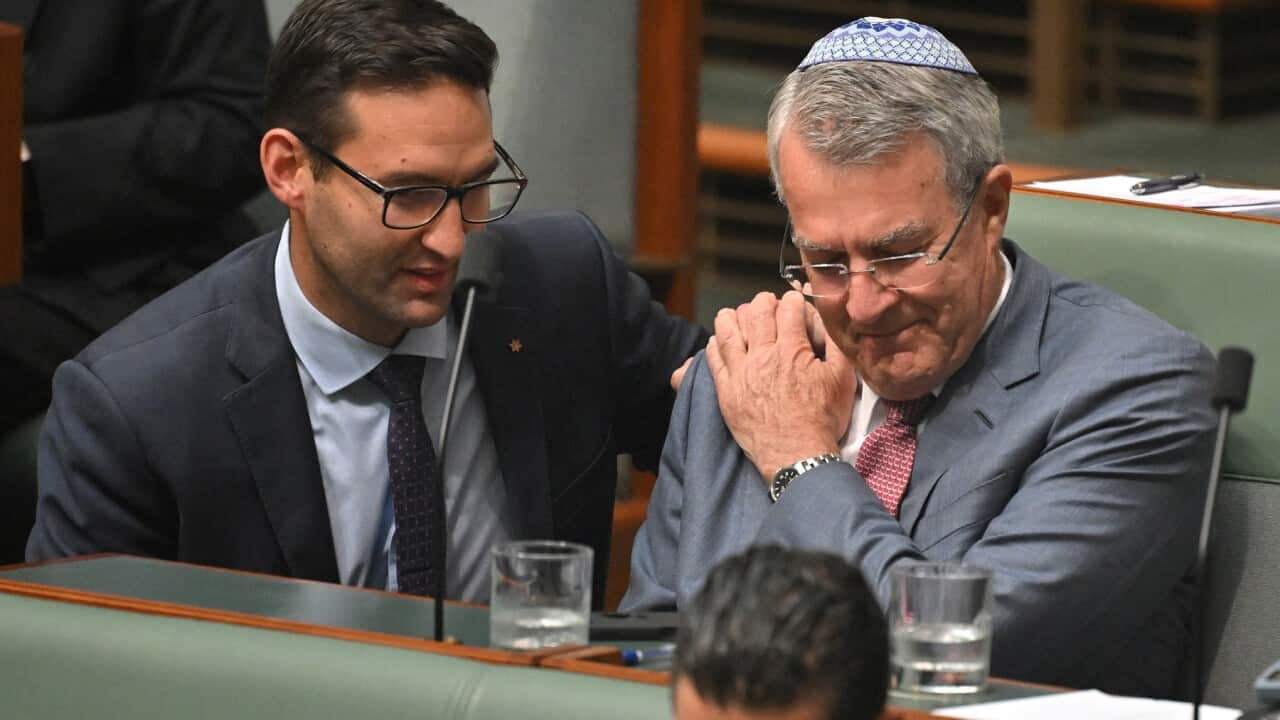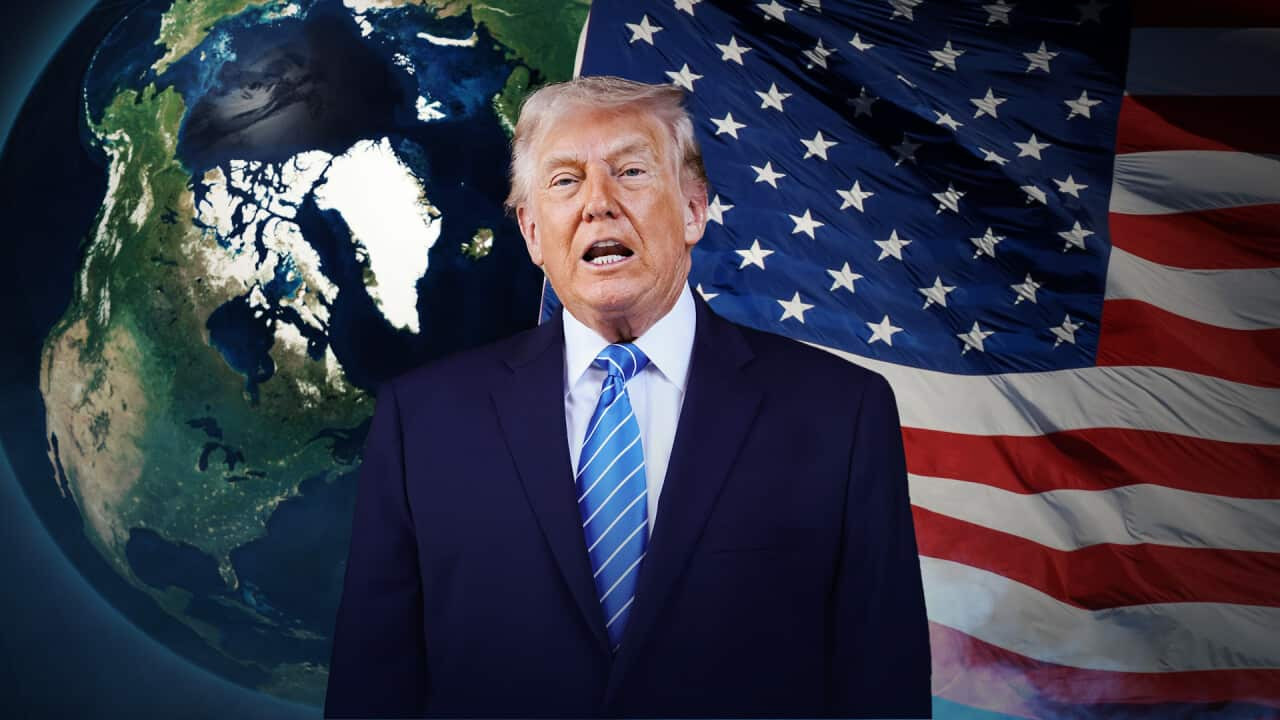TRANSCRIPT
Japanese, then translated "People kept saying he would step down but he never did. As a citizen, I kind of wanted him to resign and for things to change. So when I heard he was stepping down, I thought that’s a good thing, but at the same time, there’s also uncertainty and concern about who will take over next.”
Standing outside a train station in Tokyo, these are the words of office worker Takahiro Uchi.
Following news the prime minister Shigeru Ishiba has resigned, they sum up the reaction across Japan : relief, but also concern.
Mr Ishiba, the 68-year-old moderate centrist, has also stepped down as head of his conservative Liberal Democratic Party, or L-D-P, which has governed Japan for almost all of the post-war era.
For Japan's leader, it's been a tough year.
He took office in October, promising a new Japan and, seen as a safe pair of hands, he planned to lead until September 2027.
But he was in power for less than a year, as he struggled with one challenge after another.
Like elsewhere, prices in Japan are rising, especially for rice, which is twice as expensive as a year ago.
Living standards are falling, and there have been corruption scandals within the L-D-P that have seen loyal supporters abandon the party.
There have been international challenges too — including growing tensions in the Asia-Pacific, and U-S President Donald Trump, who has imposed painful tariffs on Japanese cars, steel and aluminium.
Then in July, the L-D-P's ruling coalition suffered a historic defeat in parliamentary elections, losing their majority in the upper house.
There were also jabs against Mr Ishiba on social media — for his supposedly untidy tuxedo, for his table manners, for napping in parliament, and for failing to stand up to greet other world leaders at a gathering in South America.
Amid growing calls from within his own party to step down, Mr Ishiba kept resisting, saying he wanted to avoid a political vacuum at a time when Japan faces key domestic and international challenges.
Tokyo resident Mr Uchi believes Mr Ishiba simply wasn't up to the task.
Japanese, then translated “I think, ultimately, it comes down to how Japan conducts itself in the international community. So, I hope the next leader can build better communication with other countries’ presidents and prime ministers, and work to improve Japan’s standing in the world. With Mr Ishiba, I felt that he wasn’t really very active or capable when it came to international matters. So, I hope the next Prime Minister will be stronger in that area.”
Another Tokyo local, Masataka Nishioka, agrees Japan needs a change.
Japanese, then translated "With all the issues around taxes and so on, I really hope for a kind of politics that makes life easier for everyone - not something biased toward a specific group, but politics that is broad and inclusive, something that can help a wide range of people. Not just something that benefits a specific inner circle."
But not everyone is happy with Mr Ishiba's departure.
Chemistry teacher Maki Utsuno says she is shocked and disappointed.
Japanese, then translated "It’s a shock to me. I’m not sure whether it’s his true intention or not. There were indeed quite a few people asking them not to resign, so I feel that it would’ve been nice if he had continued."
Mr Ishiba said he made the painful decision to resign to avert divisions in his party.
Japanese, then translated "I have decided to step down as the leader of the Liberal Democratic Party … With the hope that the next administration will fulfill the duty and its responsibility to the people, I would like to pass the baton to the next leader."
He says it was the right moment for Japan, with negotiations on U-S tariff measures now concluded.
Mr Trump signed an order last week to lower tariffs on Japanese automotive products to 15 per cent, instead of 27.5 per cent.
The outcome was a win for Japan, though the levy will still cause significant pain throughout the nation's crucial industry.
Mr Ishiba says he will hold a party leadership vote to choose his replacement, most likely in October. Until then, he will remain as Prime Minister.
Possible candidates to replace him include Agriculture Minister Shinjiro Koizumi, as well as ultra-conservative former Economic Security Minister Sanae Takaichi and Chief Cabinet Secretary Yoshimasa Hayashi.
Outside the train station, Mr Nishioka says Mr Ishiba's resignation is an opportunity.
Japanese, then translated "I think Sanae Takaichi would immediately come to mind, but perhaps it’s also necessary—especially in times like these—for someone a bit unexpected to emerge from within the ranks. Rather than having a candidate who fits expectations, I think it might actually be good if someone with a bit of surprise factor were to come forward."
A new leader who will inherit a multitude of challenges, in charge of the world's fourth-largest economy.













